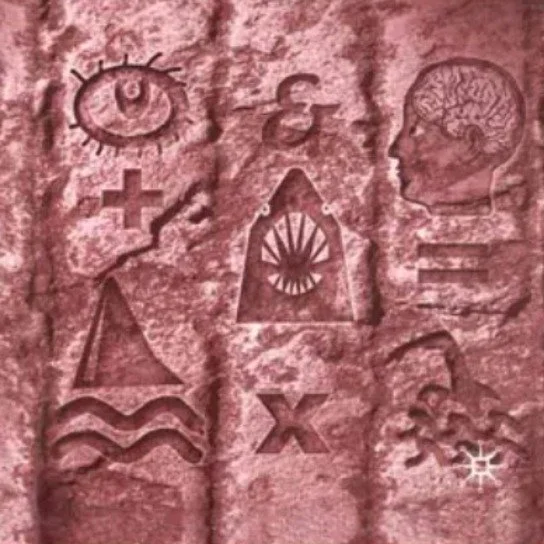The Epistemology of Clinical Judgment
Medical diagnosis represents a complex epistemological practice that simultaneously produces scientific knowledge and exercises social power. This essay examines how clinical language constructs reality, shapes professional authority, and mediates the relationship between physician expertise and patient experience. Drawing extensively on Jerome Groopman's empirical studies of diagnostic reasoning, Michel Foucault's archaeology of medical discourse, Thomas Szasz's critique of psychiatric classification, and the medical sociology of Arthur Kleinman, Byron Good, Margaret Lock, and Eliot Freidson, alongside Julian Ungar-Sargon's hermeneutic and theological frameworks for therapeutic practice, this analysis reveals that medical epistemology is inseparable from questions of linguistic power, professional monopoly, and the moral dimensions of illness. The essay argues that understanding medicine's way of knowing requires examining not only its scientific methods but also its discursive practices, institutional structures, and the social processes through which certain forms of knowledge gain authority while others are marginalized.
